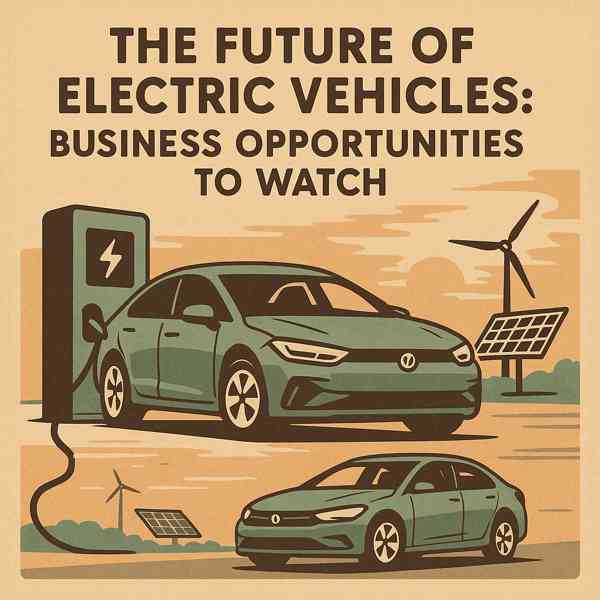Electric Vehicles: A Complete Guide
Electric Vehicles: A Complete Guide
Blog Article

Electric vehicles (EVs) are revolutionizing the way we think about transportation.
As battery technology improves and infrastructure expands, owning an electric vehicle has never been more accessible.
The Basics of Electric Vehicles
Unlike gasoline-powered cars, EVs produce no exhaust pollution.
Main elements of an electric vehicle:
- Drives the wheels using electricity
- Usually lithium-ion or solid-state
- Controls efficiency and output
- Charging system
Electric vehicles come in various types, such as battery electric vehicles (BEVs)—each with different levels of electrification.
Benefits of Electric Vehicles
The rise of electric vehicles is fueled by their clear advantages.
What makes EVs attractive:
- Electricity is cheaper than gas
- Environmental sustainability
- Better overall driving comfort
- Financial perks for EV buyers
For eco-conscious and cost-aware drivers, electric vehicles are an increasingly smart choice.
What to Know Before Buying an EV
Despite the growing popularity of EVs, they still face some barriers that buyers should consider.
Common concerns include:
- Shorter range compared to gas vehicles
- Charging infrastructure gaps
- Higher initial cost
- Batteries degrade over time
As technology advances and infrastructure improves, many of these challenges are becoming less significant.
Different Kinds of EVs on the Market
EVs vary by power source, range, and usage.
EV formats explained:
- Fully electric with no gas engine
- Can switch between electric and fuel power
- Combines electric and gas power but cannot plug in
- Emit only water vapor
Each type has its pros and cons, so buyers should understand the differences.
Understanding Charging Options
There are multiple charging levels and more information methods depending on your vehicle type.
How EVs get recharged:
- Level 1 Charging
- 240V outlet at home or public stations
- Can charge 80% in under an hour
- Wireless or inductive charging (emerging tech)
As public charging networks expand, EV owners will enjoy even more support and reliability.
The Future of Electric Vehicles
As governments push for cleaner energy and manufacturers invest in innovation, the future of EVs looks unavoidable.
Next-generation EV developments:
- Solid-state battery technology
- Using EVs to support the power grid
- Combining EV tech with self-driving systems
- Making EVs accessible to all drivers
As innovation continues, EVs will become more efficient, affordable, and widespread.
Conclusion
With growing demand and continuous improvement, EVs are becoming a future-proof option for more drivers every day.
The future is electric—are you ready to plug in?
Report this page